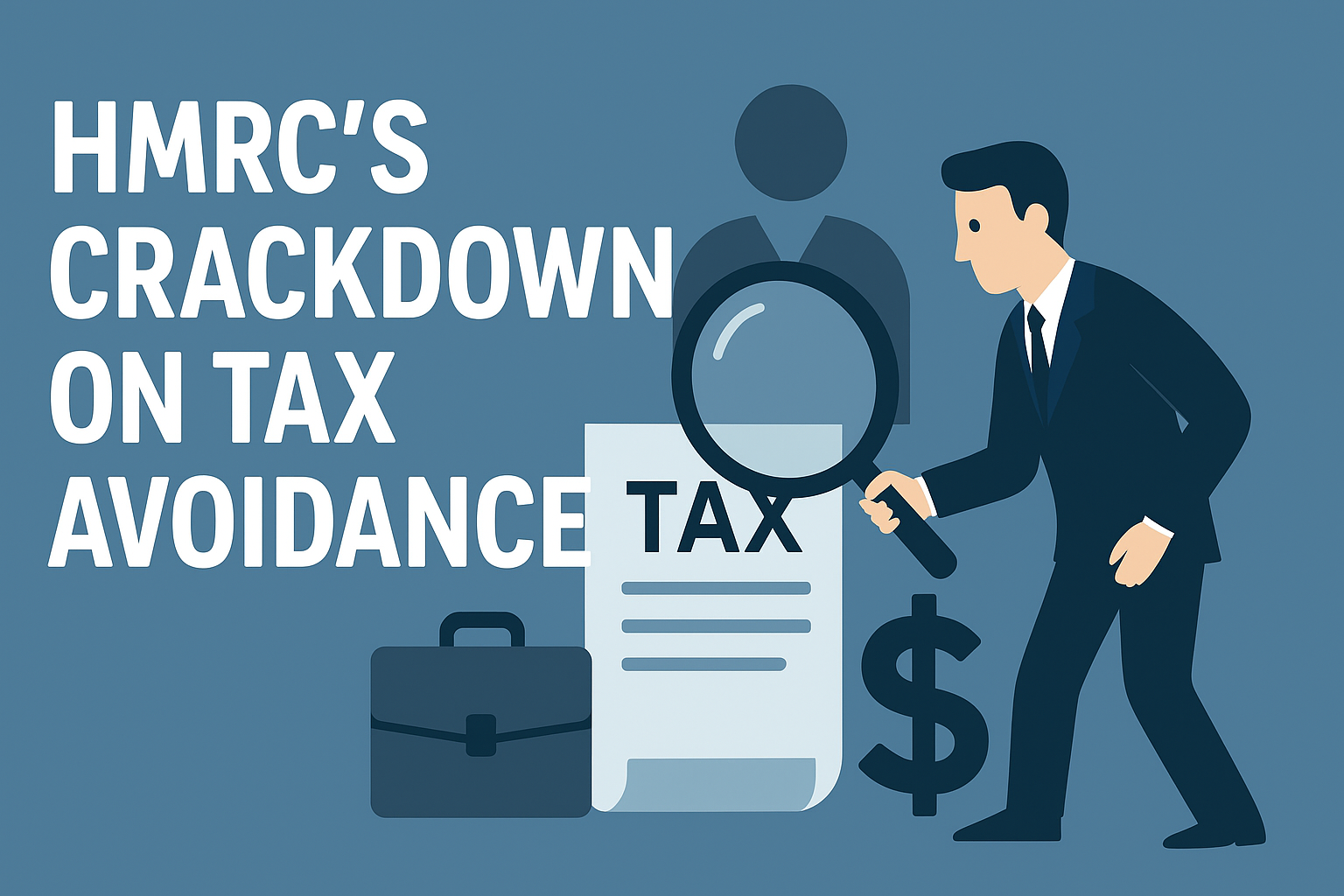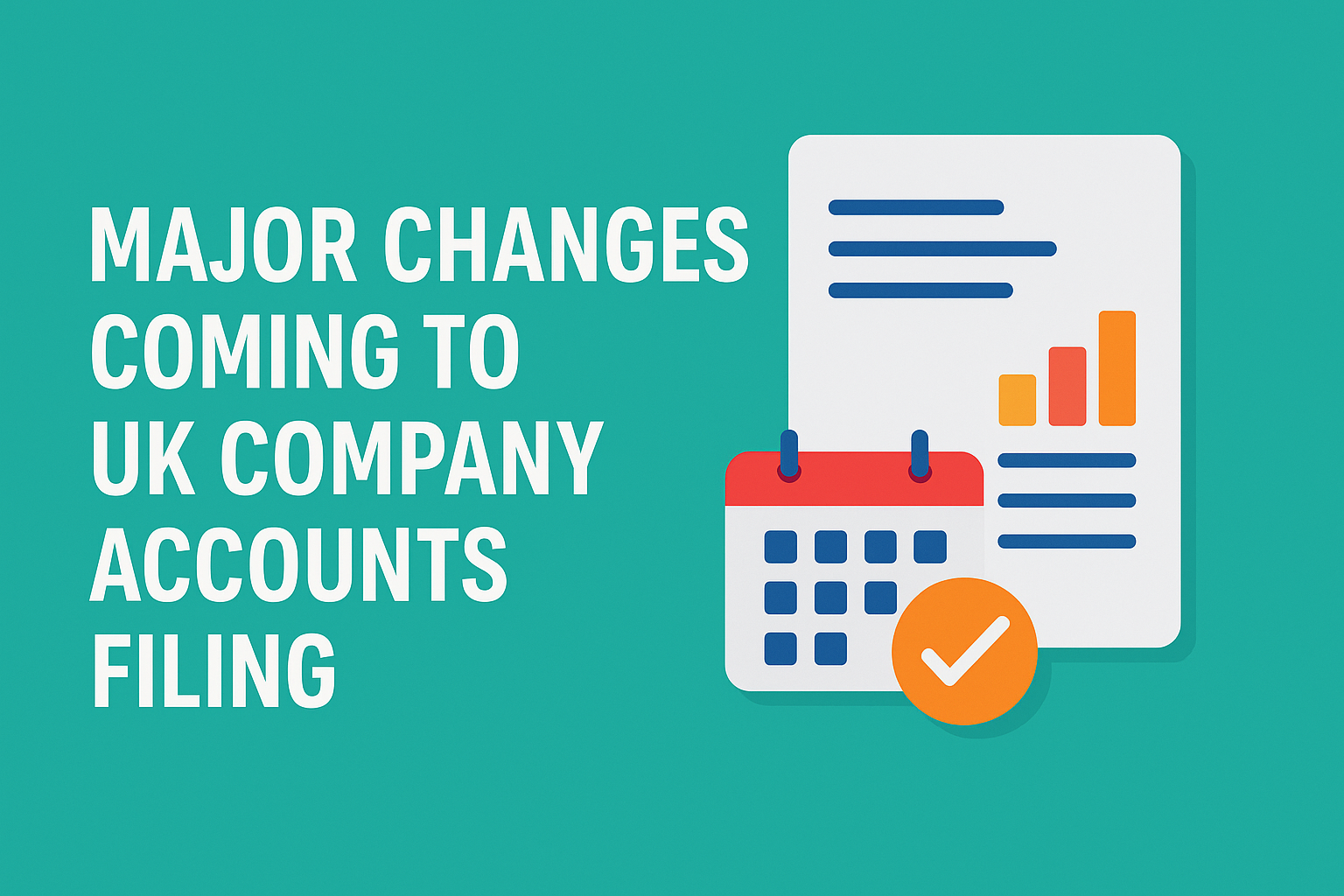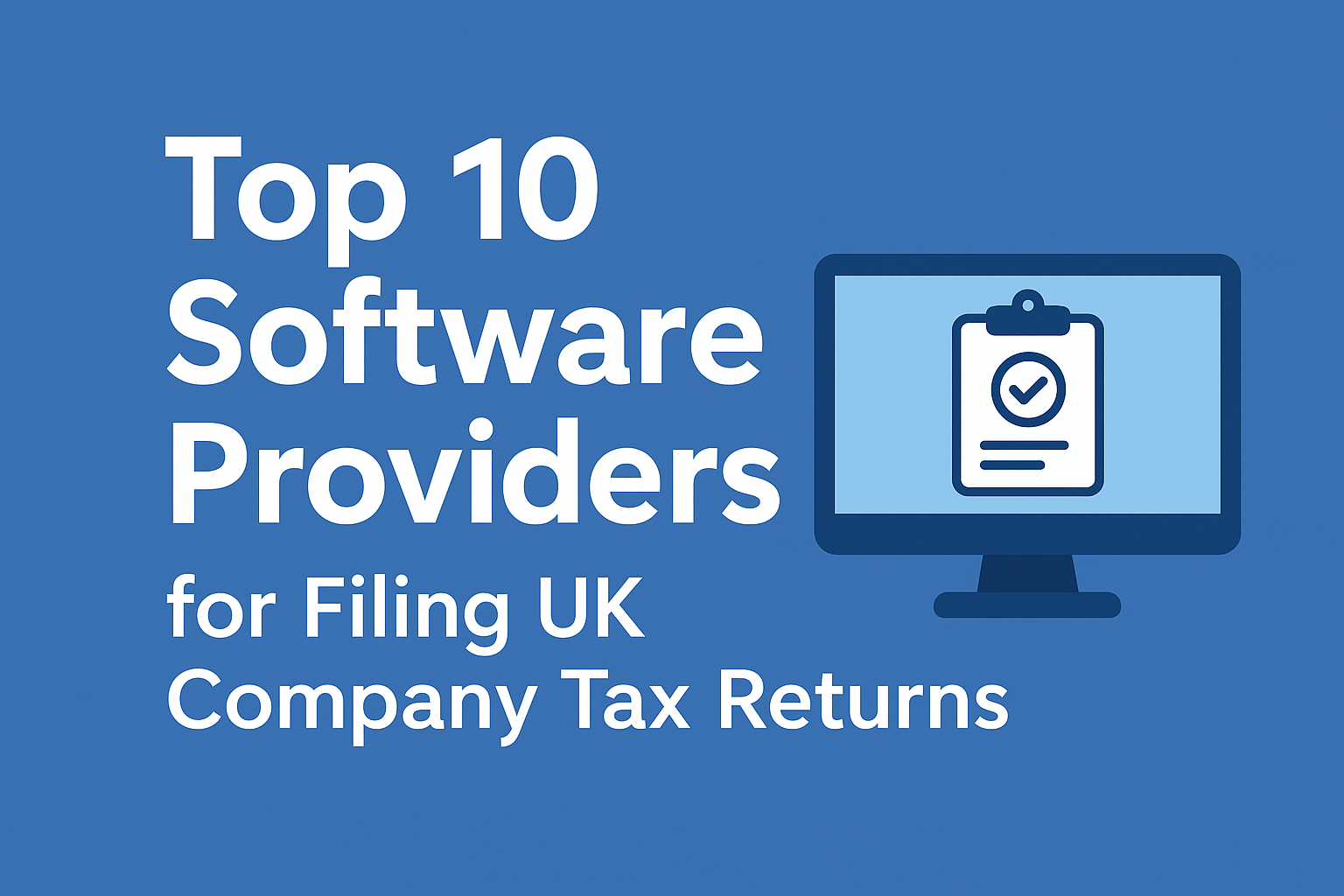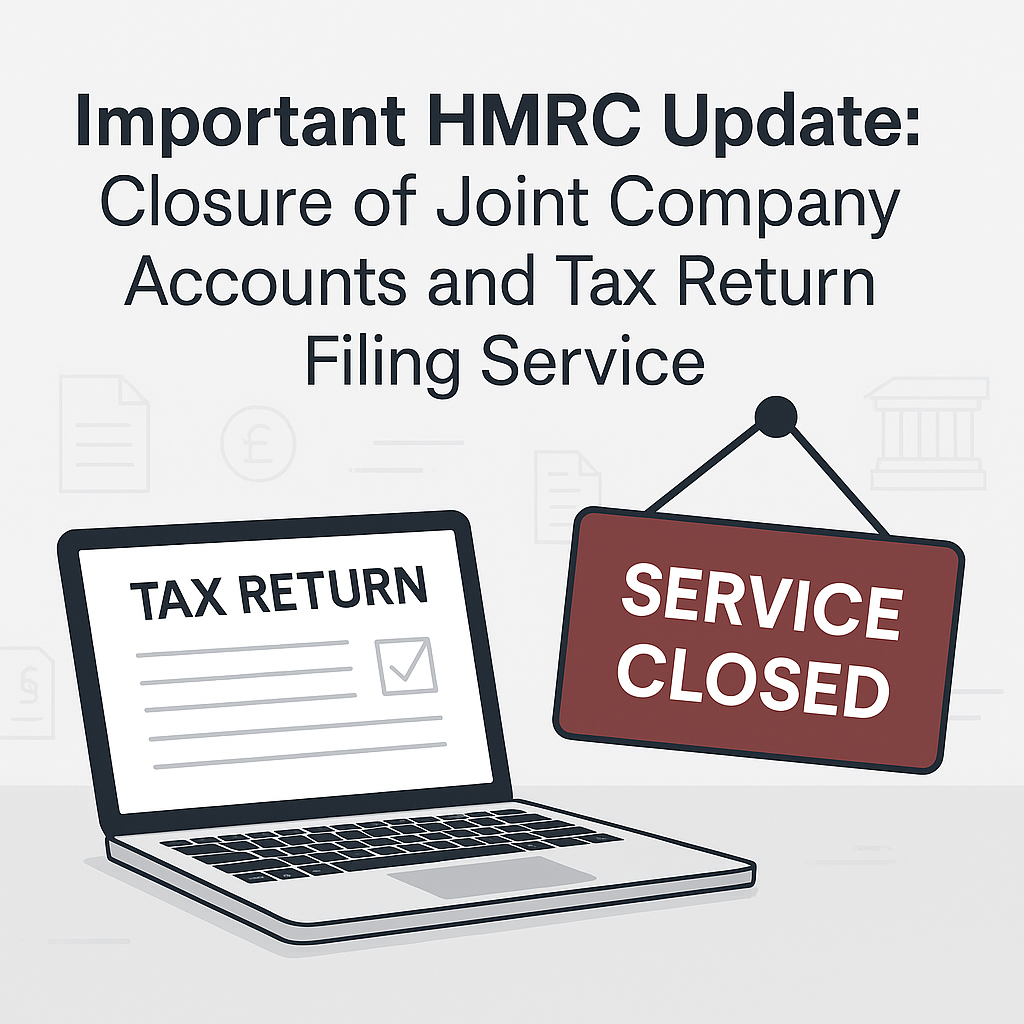Under the Economic Crime and Corporate Transparency Act 2023, Companies House is introducing mandatory identity verification (IDV) for individuals involved in corporate filings. The aim: deter fraud, improve register integrity, and enhance transparency in business activities.
📅 Timeline & Key Dates
| Phase | Start Date | Scope |
|---|---|---|
| Voluntary IDV | 8 April 2025 | Anyone (directors, PSCs, filing agents) can verify via GOV.UK, Post Office, or ACSP. |
| ACSP Registration Begins | 18 March 2025 | Agents (e.g., accountants, solicitors) can apply to become Authorised Corporate Service Providers. |
| Mandatory IDV for New Roles | 18 Nov, 2025 | All new directors and PSCs must be ID-verified before appointment or incorporation. |
| Transition Deadline | By Autumn 2026 | Existing directors and PSCs must complete IDV through annual confirmation statements. |
Who Must Verify
-
Company Directors (including executive, non-exec, alternates)
-
Persons with Significant Control (PSCs) – those holding >25% of shares/voting rights
-
Members of LLPs and similar roles
-
Filing Agents / Secretaries – anyone filing documents on behalf of a company
🛠 How To Verify Your Identity
✅ Online via GOV.UK One Login
-
Use biometric passports, UK photo driving licences, BRP/BRC, or Frontier Worker Permit
-
UK residents lacking photo ID can verify via bank/building society details
-
Online process usually completes within minutes
🇬🇧 In-Person at a Post Office
-
For those unable to verify online
-
Free of charge; requires appointment via One Login
🤝 Through an ACSP
-
Firms supervised for AML (e.g., accountants, solicitors) can verify on behalf of individuals
-
Charges may apply; ID docs required
👥 Get your Id-Verification done by ACSP
As non-UK resident director, PSC or Agent, getting online ID verification is not possible and for that purpose we have Companies House Authorized ACSP to help you with your identity verification for as little as £25.9 -£75. Click to start.
⚠️ Non-Compliance & Penalties
-
Failing to verify when required is a criminal offence
-
Penalties include unlimited fines, prosecutions, and director disqualification
-
Companies House can refuse filings, strike off companies, or annotate registers for non-compliance
💡 Practical Guidance for Businesses
✅ Encourage early verification during voluntary phase to avoid bottlenecks
✅ Prepare documentation—passports, licenses, bank details in advance
✅ Track who’s verified and who’s not to meet confirmation statement deadlines
✅ Plan your systems to request and store personal codes securely
🧠 Global Context: Beneficial Ownership & ID Verification
Transparency around beneficial ownership is a global trend. For example:
-
UK maintains a public PSC Register (IDV required)
-
Singapore keeps a private Register of Registrable Controllers for regulators
-
Hong Kong uses an internal Significant Controllers Register accessible to authorities
These differences emphasise the UK’s commitment to public accountability—even the PSC Register is visible online.
📝 Summary: Key Takeaways
- Voluntary IDV began 8 April 2025.
- Mandatory IDV starts 18 Nov 2025 for all new directors, PSCs, and filings.
- A 12-month transition period ends Autumn 2026 for existing roles.
- Verification methods: Online, Post Office, or via ACSP.
- Personal codes issued upon verification link all filings.
- Penalties for non-compliance are severe, including fines and disqualification.
Setup a Free Consultation
Final Thoughts
The UK’s shift to compulsory ID verification is a landmark step in combating corporate fraud and enhancing transparency. Although global variations exist in how beneficial ownership is tracked, the UK’s public approach sets a high bar. As the mandatory deadline draws near, businesses and advisers should act now to ensure compliance—and confidence.
🔍 References
-
Companies House press release (8 April 2025) srz.com
-
Expert guidance (May–June 2025 timeline)
-
Timeline & penalties details marketingstockport.co.uk









